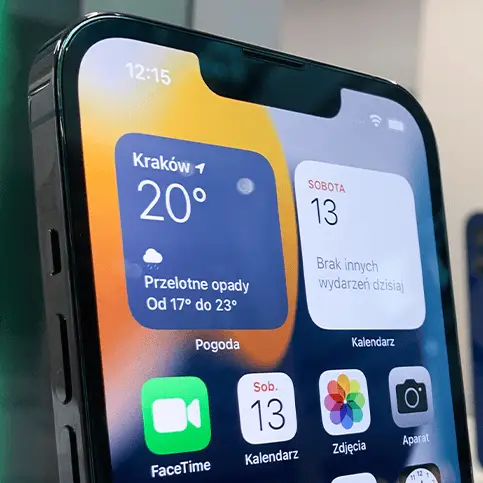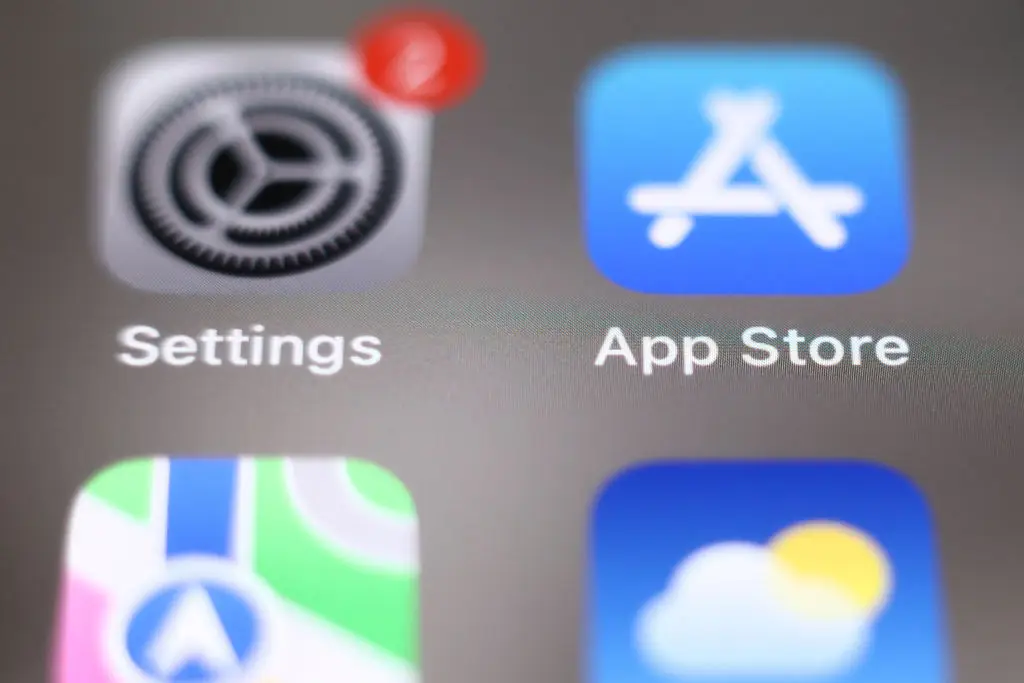
Apple has spoken out following backlash over a new photo feature that was rolled out without explicit user consent.
Last year, the tech giant launched a feature called Enhanced Visual Search (EVS) that could identify landmarks and places of interest in images stored in the Photos app.
EVS uses a local machine-learning model to analyse photos and look for a 'region of interest' that may depict a landmark.
If a match is detected, it calculates a vector embedding for that portion of the image.
Advert
The feature went live with iOS 18.1 and macOS 15.1 on October 28, 2024. However, Apple customers have only just begun to notice as the feature was enabled by default.
Commentators claimed that the feature’s encryption of the photos and image data means that user privacy is not being violated, but it was more so the subtle way the feature was rolled out.

Software developer Jeff Johnson called out Apple for enabling the feature silently without user consent, writing: "This choice was made by Apple, silently, without my consent.
"From my own perspective, computing privacy is simple: if something happens entirely on my computer, then it’s private, whereas if my computer sends data to the manufacturer of the computer, then it’s not private, or at least not entirely private.
"Thus, the only way to guarantee computing privacy is to not send data off the device."
Matthew Green, a privacy expert and cryptography professor at John Hopkins University, added: "It’s very frustrating when you learn about a service two days before New Year and you find that it’s already been enabled on your phone."
Apple spoke out and defended the privacy of its feature in a document published at the time.

It read: "At Apple, we believe privacy is a fundamental human right.
"Our work to protect user privacy is informed by a set of privacy principles, and one of those principles is to prioritize using on-device processing.
"By performing computations locally on a user’s device, we help minimize the amount of data that is shared with Apple or other entities.
"Of course, a user may request on-device experiences powered by machine learning (ML) that can be enriched by looking up global knowledge hosted on servers.
"To uphold our commitment to privacy while delivering these experiences, we have implemented a combination of technologies to help ensure these server lookups are private, efficient, and scalable."
The tech giant also stated that numerous privacy-protecting techniques were put in place to protect user data. These included homomorphic encryption, differential privacy and technology to hide IP addresses and were designed to prevent Apple from learning about the content of users’ photos.
Thankfully though, there's a way to turn off Enhanced Visual Search to give yourself some peace of mind. Simply go to Settings > Apps > Photos.
And if you're on a Mac, open Photos, go to Settings > General and turn off Enhanced Visual Search.